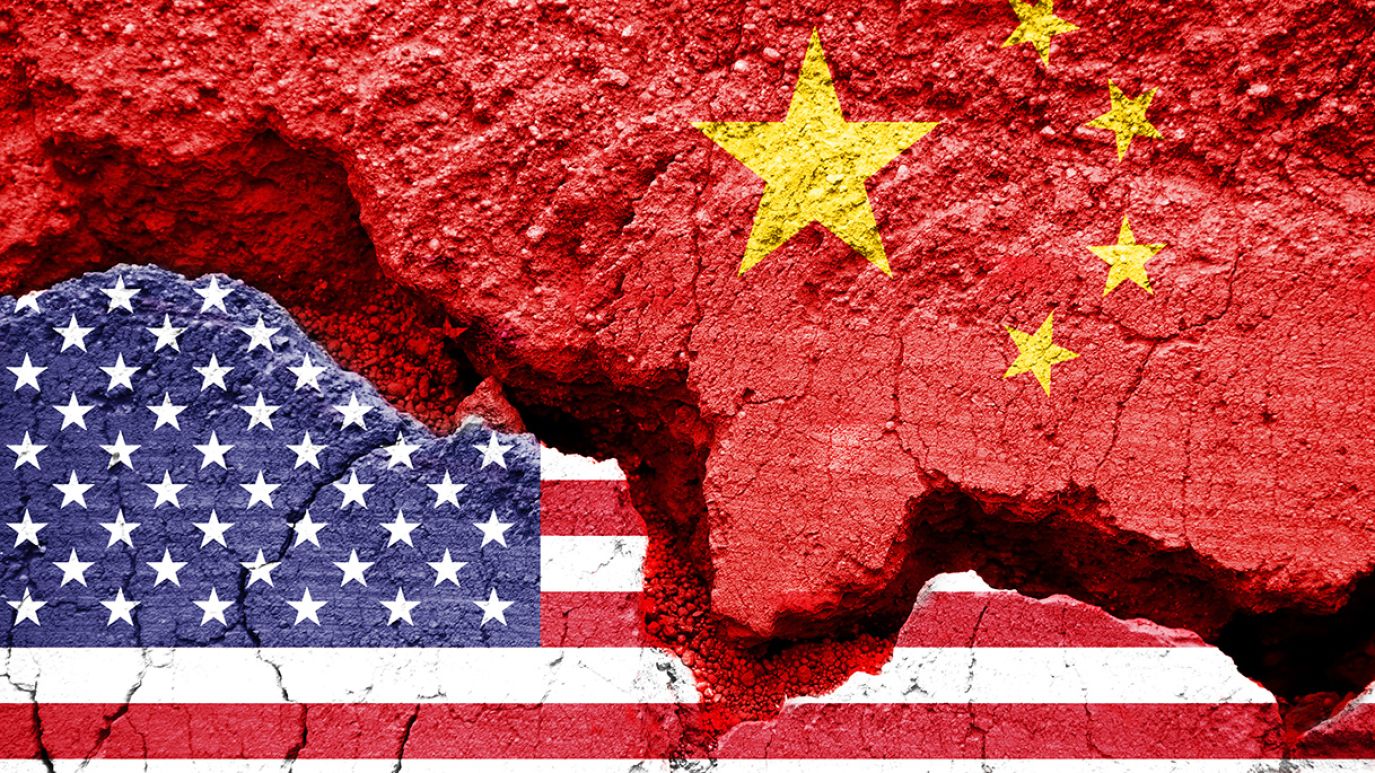Is recent US-China diplomacy a sign of thawing relations?

A series of three meetings between senior US and China officials and diplomats failed to deliver any concrete results, but is it a sign that both parties are willing to open the lines of communication?
On 10 July – the day after US Treasury secretary Janet Yellen had concluded a four-day diplomatic trip to Beijing focused on climate change – Chinese authorities ordered employers across China to limit outdoor work due to exceptionally high temperatures. In the East and Southwest of China, meanwhile, people were warned to prepare for torrential rain – businesses and schools in Heilongjiang province were told to close and turn off electrical equipment after 84mm (3.3 inches) of rain fell in one hour.
Just under a week later, on 16 July, a record temperature of 52.2℃ was recorded in the Sanbao township of Xinjiang – the same day the US Special Climate Envoy John Kerry arrived in Beijing for a three-day meeting with his Chinese counterpart, Special Envoy for Climate Change Xie Zhenhua, as well as other senior Chinese diplomats.
Blinken meets Xi Jinping
The two visits followed an earlier meeting between US Secretary of State Antony Blinken and President Xi Jinping, Director of the CCP Central Foreign Affairs Office Wang Yi, and State Councilor and Foreign Minister Qin Gang between 18-19 June with the aim of recalibrating diplomatic relations – through climate concerns – that have sunk to a 50-year low in recent times.
Climate change seems to be a safe arena in which to try to rebuild relations, with China and the US the two largest polluters on the planet. In addition, despite making gains in developing renewable energy, China remains the world’s largest user of coal. Although none of the three visits resulted in any concrete resolutions, the visits signal the Biden administration’s intention of restoring high-level contact and communications. However, the two nations remain miles apart on trade, technology, and geopolitical issues, including Taiwan.
Expectations for Blinken’s visit – which would normally represent an important milestone in building bilateral relations – were low, given the fraught state of US-China relations, but it did pave the way for further visits by Yellen and Kerry. Following Blinken’s visit, President Xi Jinping confirmed there had been “meaningful results” from the meeting, without elaborating on what they were.
“Constructive” discussions
The stakes were slightly higher for the following visit of Yellen, who met a series of Chinese officials to discuss the global economy, export controls, and national security. On her return, she described the meetings as “constructive” and “a very substantive series of meetings”. She added that it had been an important visit as it helped to build personal relationships with a new economic team in Beijing and to set the stage for further discussions.
Neither Blinken nor Yellen returned with any tangible progress, with many US observers describing the meetings as “talking for talking’s sake”. Rep. Mike Gallagher (R-Wis.), chair of the House Select Committee on China, went as far as to describe the visits as “zombie engagement with the Chinese Communist Party’, adding: “All the while the CCP’s malign behavior has gotten worse, not better.”
The final visit of the three high-level US diplomats saw Kerry meet with Chinese officials aimed at nudging Beijing into honoring its commitment to reduce methane emissions and to transition away from its reliance on coal. Again, he came away with nothing concrete to report.
Low expectations
While expectations for all three visits were low, such conversations serve their own purpose, helping to build face-to-face relationships, which can only be a good thing.
On his return, Kerry stated that diplomatic engagement with Beijing is necessary to avoid “the potential for mistakes, the potential for something to inadvertently drag us into an open hot conflict.” Many observers are concerned that without diplomacy there is still the potential for military conflict between the US and China within the next four years, with Taiwan a particularly hot button.
At least, for now, the lines of communication are open, with one of the stated main aims of the meetings being to ensure a successful UN Climate Change Conference, COP28, in November and, ultimately, to pave the way for a meeting between Biden and Xi, possibly before the end of the year.
China’s 5G influence in developing economies
China’s Belt and Road Initiative and its digital counterpart, the Digital Silk Road, threaten to displace US telecom and tech companies in developing economies in Africa, Latin America and the Middle East. How can US operators and network providers stand up to the challenge?